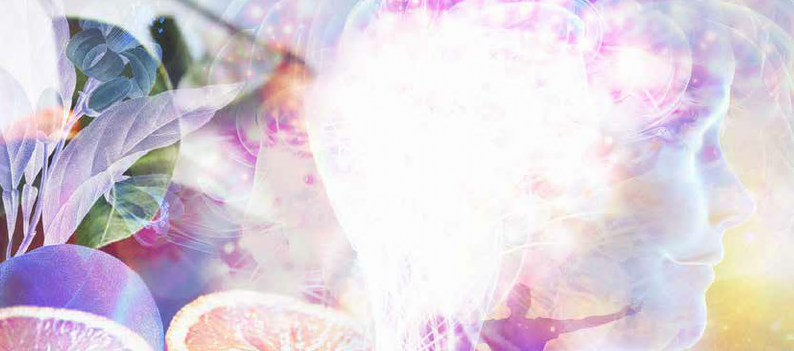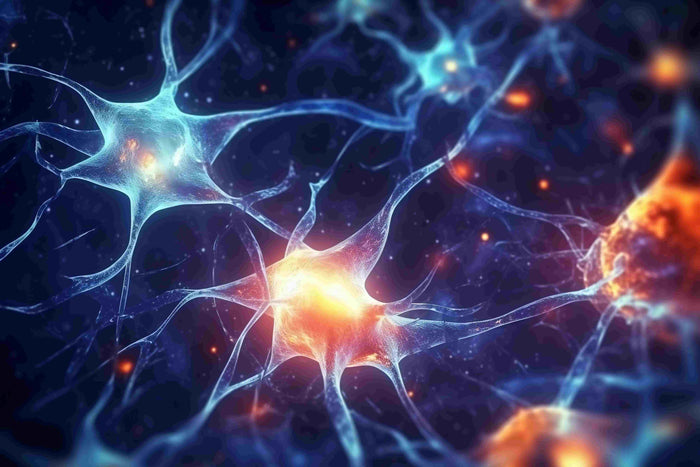Neuroinflammation and Depression
Effects of acute systemic inflammation on the interplay between sad mood and affective cognition
Inflammation: Depression Fans the Flames and Feasts on the Heat
Phyto-Actives as Anti-Depressants and/or Neuro Anti-Inflammatories
Phytochemical constituents as future antidepressants: a comprehensive review
Natural polyphenols in the management of major depression
Natural Polyphenols and Terpenoids for Depression Treatment: Current Status
Brain-Derived Neurotrophic Factor (BDNF)
Brain-derived neurotrophic factor: a bridge between inflammation and neuroplasticity
Phyto-Actives as Neuroprotectants
Impact of Coffee and Cacao Purine Metabolites on Neuroplasticity and Neurodegenerative Disease

Above-ground nuclear bomb testing yields novel information around the regenerative ability of the human brain.

Neurogenesis is the process of creating new nerve cells in the brain throughout life. Researchers are a step closer in understanding why. ‘Carbon-dating’ of the human brain after nuclear bomb testing provides answers for neuroscientists investigating the brain’s ability to generate new brain cells in the hippocampus, the learning and memory area of the brain.
It was once thought that the human brain did not create neurons (brain nerve cells) and that the 100 billion neurons at infancy were our allocation for life. This theory has now been disproven and studies have shown that indeed, humans generate new neurons, a process called neurogenesis. It appears to be specific to two areas of the brain – one of which is located in the hippocampus (a very ancient part of the brain, so called as its shape resembles a sea-horse). The hippocampus is important in learning and memory.
